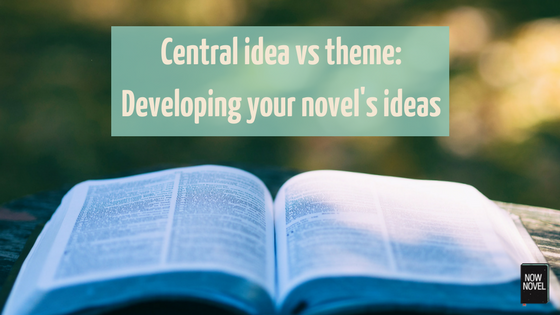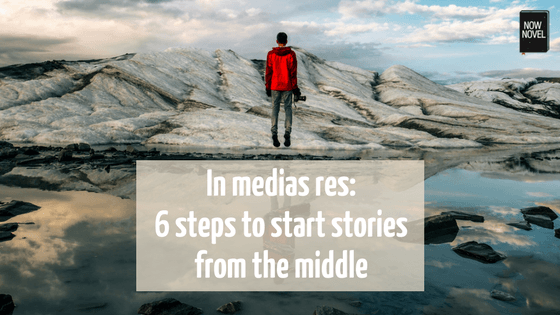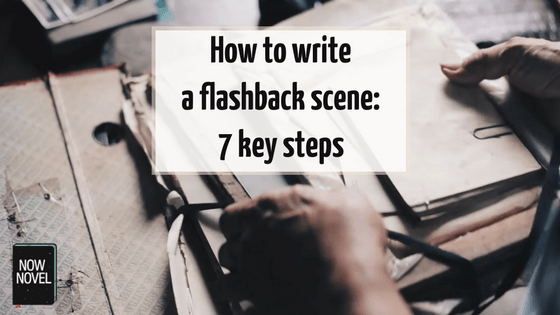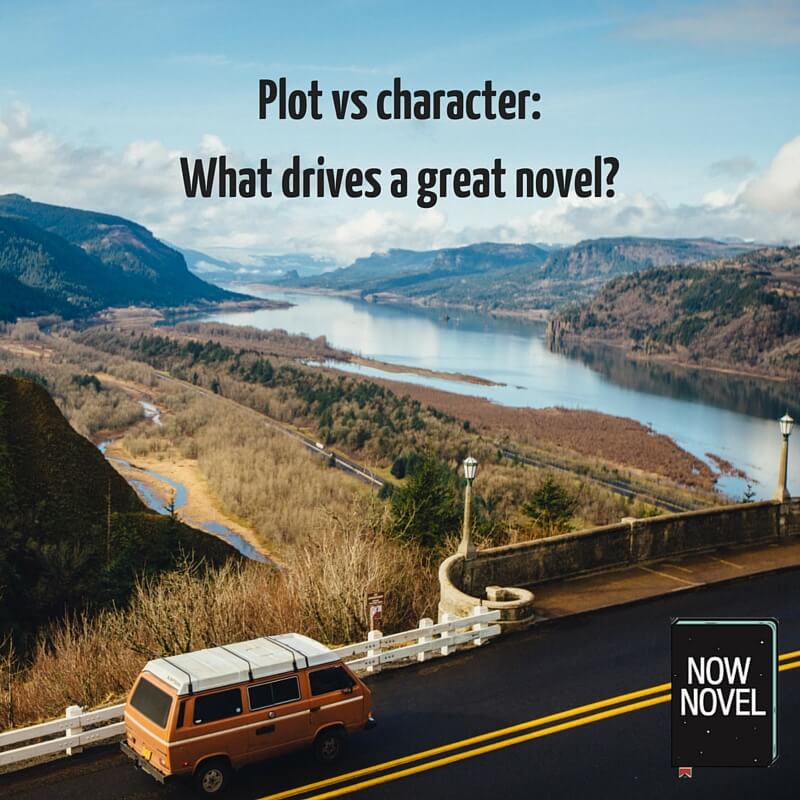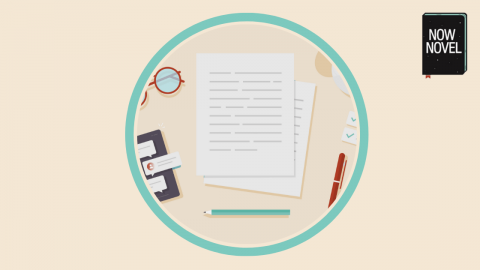The central idea of a story is the seed from which the offshoots of plot, character and theme grow. It’s the core scenario that sets the action in motion. The themes of a novel are the general ideas and principles the story explores. When you examine central idea vs theme, both form the fundamental core of a story – the possible meanings and ideas readers take away. Here are 5 tips for building meaning in a novel using your central idea and themes:
